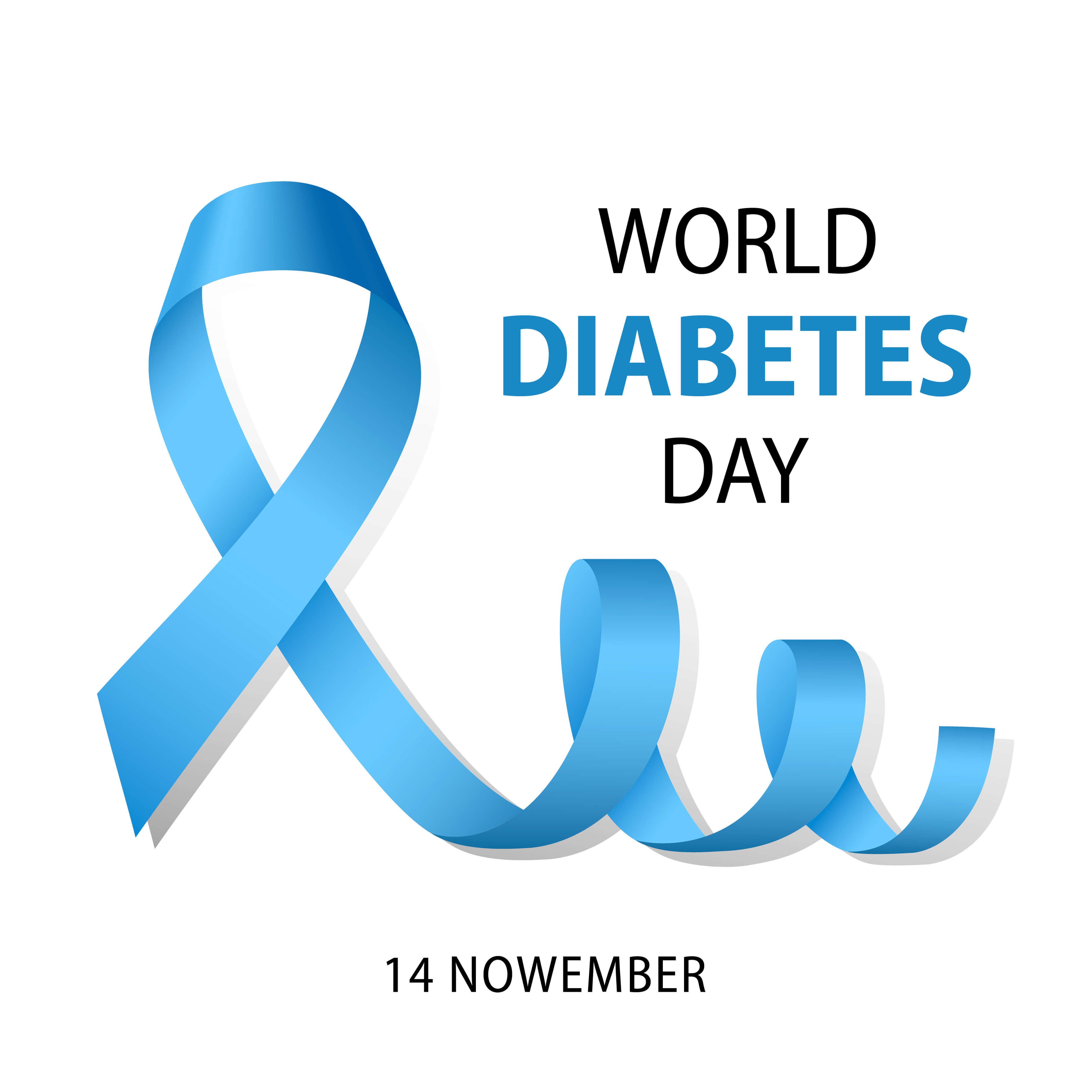Basic Metabolic Panel
$26.00
A basic metabolic panel measures chemicals and electrolytes in the body, including glucose, calcium, sodium, and potassium, to assess kidney function, acid-base balance, and overall metabolic health.
Preparation:
Overnight fasting is preferred. Do not eat or drink (other than water) for 8 hours before the test.Collection Method:
Blood DrawSample Type:
BloodProcessing Time:
1 day$26.00
About The Test
Test Overview
Symptoms
Symptoms of an electrolyte imbalance might include:
- Fatigue
- Weakness
- Frequent urination
- Excessive thirst
- Confusion
- Irregular heartbeat
- Muscle cramps
- Signs of kidney dysfunction, like swelling in the legs and ankles
Test Includes
Bicarbonate
Bicarbonate: Bicarbonate is also known as HCO3. It's a byproduct of your body's metabolism. Your blood brings bicarbonate to your lungs, and then it is exhaled as carbon dioxide. Your kidneys also help regulate bicarbonate.
Blood Urea Nitrogen
A blood urea nitrogen (BUN) test measures the amount of urea nitrogen found in your blood. BUN levels vary according to your age and sex.
Calcium
Calcium is the most abundant mineral in the body. Almost all calcium in the body is stored in bones and teeth, giving them structure and hardness. Your body needs calcium for muscles to move and for nerves to carry messages between your brain and every part of your body.
Creatinine
Creatinine is a chemical compound left over from energy-producing processes in your muscles. Healthy kidneys filter creatinine out of the blood. Creatinine exits your body as a waste product in urine.
Glucose
Blood glucose, or blood sugar, is the main sugar found in your blood. It is your body's primary source of energy. It comes from the food you eat. Your body breaks down most of that food into glucose and releases it into your bloodstream.
Sodium
Sodium plays a key role in your body. It helps maintain normal blood pressure, supports the work of your nerves and muscles, and regulates your body's fluid balance. A normal blood sodium level is between 135 and 145 milliequivalents per liter (mEq/L).

 Awareness | Education
Awareness | Education






